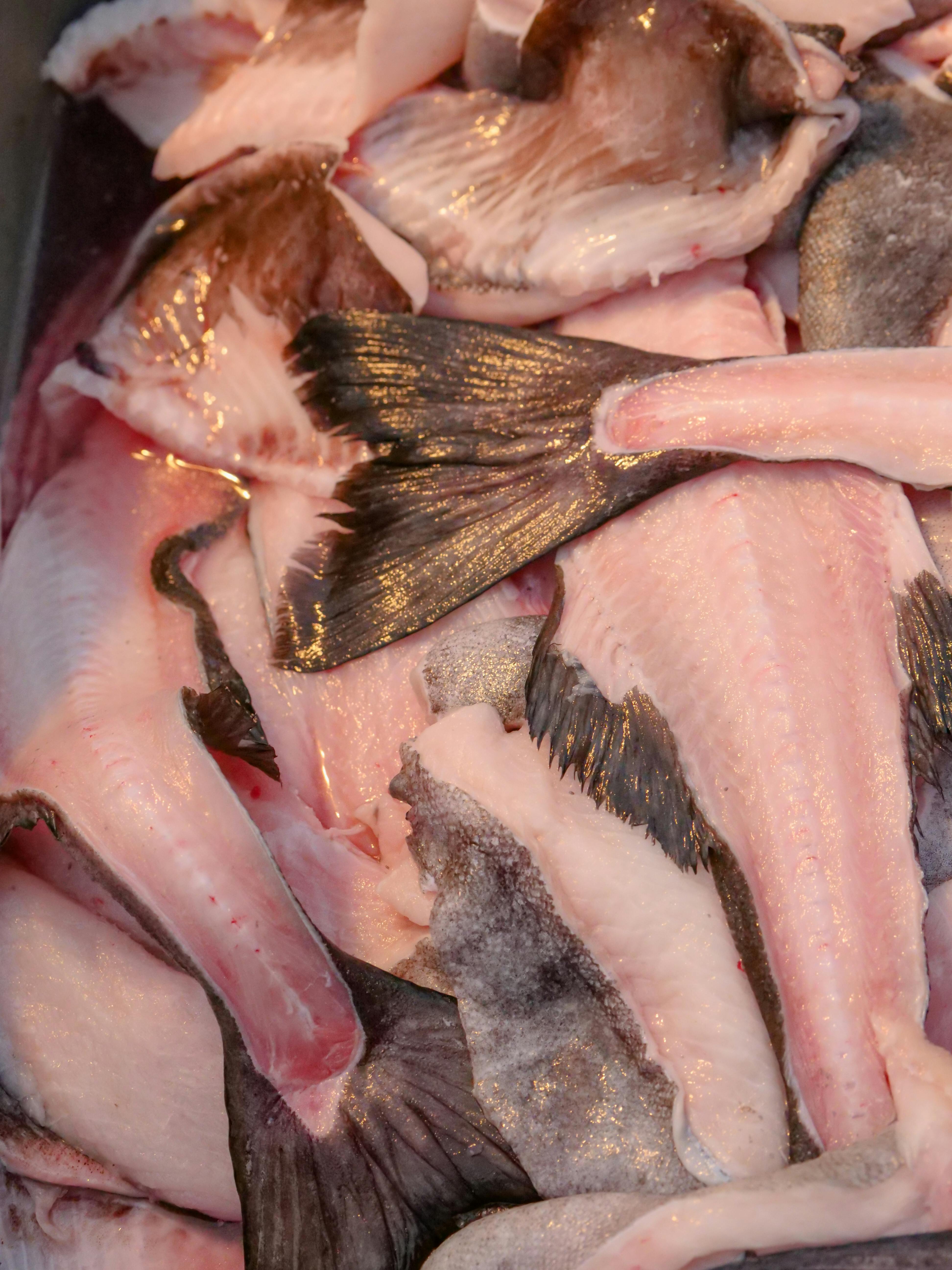This specific contract focused on providing a synopsis of fisheries and aquaculture postharvest (PH) value chains within the European Union. The study described the issues associated with these kinds of value chains in terms of the markets they provide to, the processing undertaken within the value chain and how climate change may impact their activities. Within this, a descriptive summary of the different sectors (segments) that comprise PH value chains was presented. These descriptions highlight the diversity of pathways undertaken between PH value chains and the strong coupling between the processor, retailer or foodservice and customer. The factors that enhance or reduce these value chains’ financial and physical resilience in relation to climate change was then provided.
This project then investigated how the structure of PH value chains impacts GHG emissions across the sector role and includes a description of the potential hotspots of GHG emission development. To aid in reducing these hotspots and GHG emissions overall, structural improvements made within PH value chains within the EU – and globally (detailed in peer review literature) – are summarised.
This project also reviewed trends in technological evolutions and industrial strategies implemented since 2002 aimed at improving energy efficiency and reducing GHG emissions within PH value chains. These evolutions and strategies were identified due to their effects in reducing GHG emissions, and a synopsis of these technologies is provided. Lastly, this work identified emerging technologies aimed at providing further gains in reducing GHG emissions within PH value chains, including discussing how best to future-proof PH value chains within the EU.

